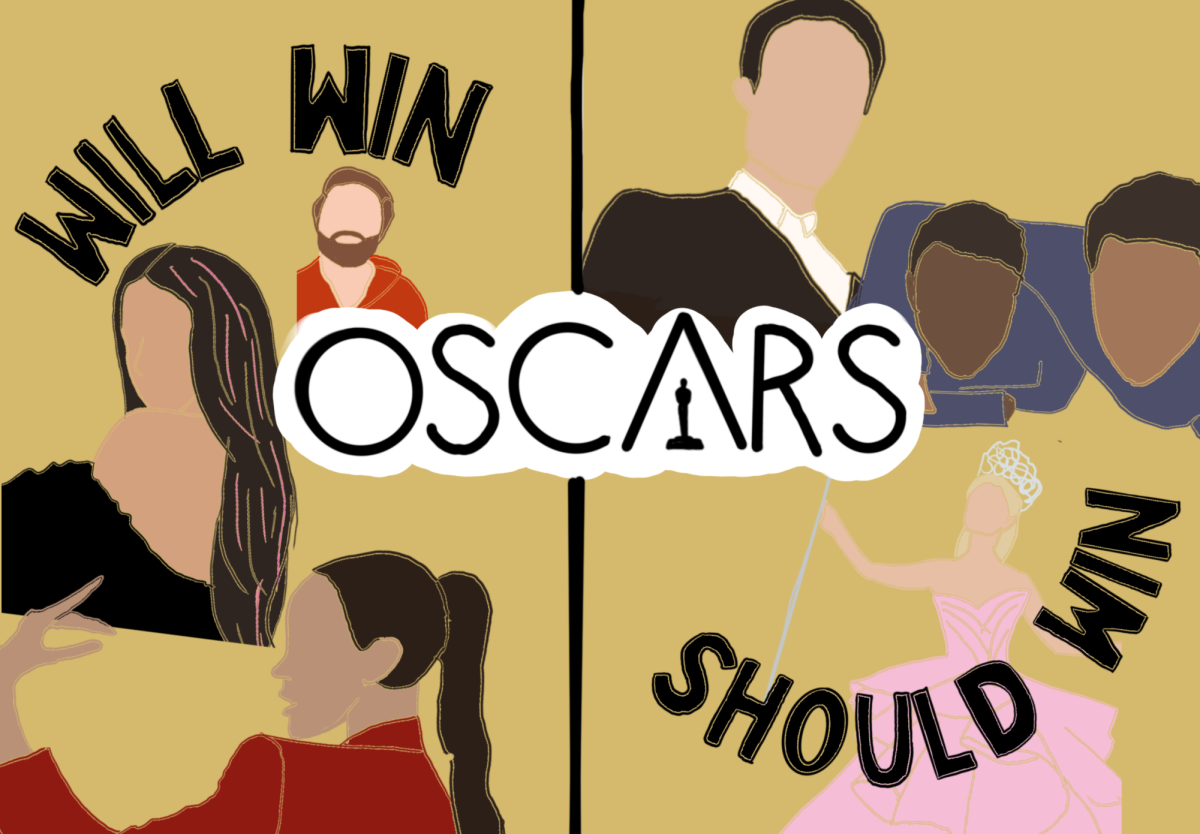By Freda Spencer, News Corespondent

In a generation full of young people who define themselves by the number of likes on their Facebook profile picture, it should not surprising when an on online dating app surfaces as the latest way to meet people.
The way Tinder works is as equally simple as it is superficial. When people download the app for free from the iTunes app store, iPhone users upload a few pictures of themselves and some optional “About Me” information to their Tinder profile. From there, users are presented with a picture, name and age of other users in their neighborhood.
Tinderers can then either “like” or swipe right past someone depending on their approval level of the picture they see. It is only when a “like” is mutual that users are alerted of the “like” and are able to communicate with each other.
Sean Rad, Justin Mateen, Jonathan Badeen and Christopher Gulczynski, the four young entrepreneurs who created the app, based the concept off their own experiences and observations within the online dating world. Their conclusions of pre-Tinder online dating: too much rejection, not enough personal connection.
They say Tinder is the perfect new way for real people to break the ice with possible love interests. Users will never know if someone passed them by, presenting hopeful singles with only other singles who find them attractive. By tracking location, it ensures that matches are within a reasonable distance, making meeting for a date more convenient than ever.
The app, backed by the digital media giant IAC (InterActive Corp), was released on the iTunes app store on Aug. 2, and has been making its way across college campuses since. Northeastern is no exception, and the controversial app is causing a buzz among some students on campus.
Joakim Karlsson, a sophomore business major, said Tinder is kind of like older social media.
“It’s kind of like Facemash … the thing Mark Zuckerberg created before Facebook. (Think, “The Social Network”). I would have loved to come up with this idea because apparently people love it,” he said.
Although he uses the app, Karlsson said he cannot accept Tinder as a serious way of meeting ladies.
“I can’t imagine why anyone would take Tinder seriously, although it is a confidence boost when people ‘like’ you,” she said. “But all my matches are smoking, and I still wouldn’t go meet or date any of them.”
“Tinder helps my girlfriend and I keep our relationship fun and exciting,” said Erik Wessel, a junior sociology major.
Wessel contends that many Tinder users think of the app as a joke, but that some people use it as a genuine way to meet other singles, and many would agree.
“When I was out the other night, a guy started talking to me about Tinder because I had my phone out,” said Lauren Schenk, a sophomore industrial engineering major. “I don’t have a profile, but he did. He insisted that he didn’t actually take it seriously, that it was just really funny and entertaining. I don’t know if I’ll buy it … even if you’re on Tinder as a joke, there’s got to be some secret hope that you will meet someone and get together.”
Regardless of young people’s intentions for using it, Tinder does not seem to be fading away anytime soon. The co-founders are working on new aspects to the app and promise that it will only get better and more effective in time, making it likely that it will spread from select students on college campuses to a greater demographic.
Already, in only a two-month span, 35 million matches have been made via Tinder, according to TechCrunch. So whether one is looking for true love, laughs or maybe just a BHOP date late on a Saturday night, if one finds themselves on Tinder, they are certainly not alone.









